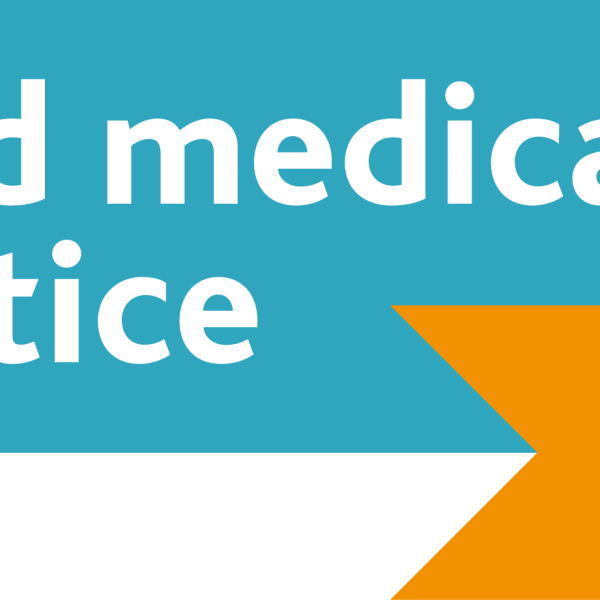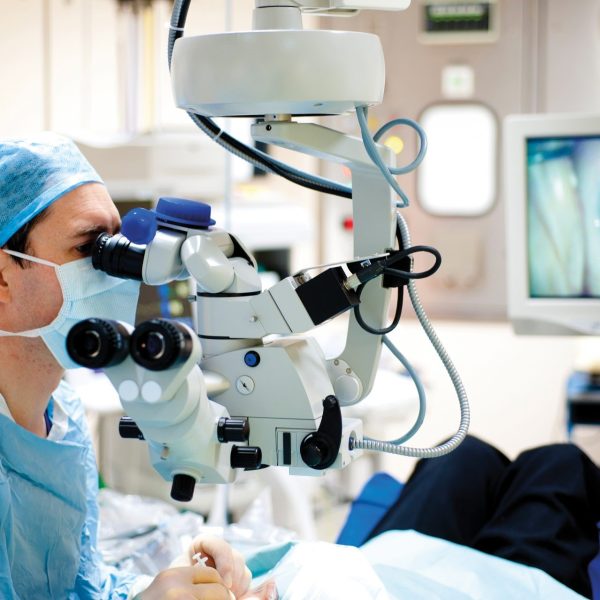#OphthalmologyFaces: David Lockington
This Q&A is part of our Faces of Ophthalmology series, where we share insights and stories from our members.
Read the latest RCOphth news updates and guidance here.
This Q&A is part of our Faces of Ophthalmology series, where we share insights and stories from our members.
This Q&A is part of our Faces of Ophthalmology series, where we share insights and stories from our members.
You can now access our newly published clinical dataset for glaucoma procedures, which defines the agreed key information that should be routinely collected for all patients undergoing surgical or laser intraocular pressure lowering procedures.
News release issued by LOCSU, the Local Optical Committee Support Unit: A new standard clinical specification for community minor and urgent eye care, which aims to assure, support and enhance access to minor and urgent eye care locally across England, has been published today.

The General Medical Council (GMC) has this week published an update on Good medical practice, which details the principles, values and standards expected of doctors working in the UK.
This week (19 – 23 June) is Clinical Audit Awareness Week, a national annual campaign that promotes and celebrates the impact of clinical audits in healthcare. RCOphth runs the world renowned National Ophthalmology Database Audit and is recognised by clinicians, NICE, GIRFT and industry as an important safety and research tool that is used to audit the treatment of cataracts and recently has added the potentially blinding disease of age-related macular degeneration (AMD) to its work.

Following joint task and finish groups convened by The Royal College of Ophthalmologists and NHS England, guidance has been published on cataract commissioning, the referral and post-operative pathways, and training in independent sector providers.
The GMC has announced that it will make initial contact with doctors by phone if they need to investigate concerns. The change is part of a series of improvements by the GMC to take a more compassionate approach to reduce the impact of investigations and the anxiety for doctors.
Currently, there is no standardisation across ophthalmic imaging technologies with the consequence that there is no easy way to exchange digital images between systems. Standardisation of digital imaging across eye care services would ensure that there is interoperability and a seamless interface that allows effective image sharing. The Royal College of Ophthalmologists and The College of Optometrists are now calling for the standardisation of digital imaging across eye care services.

The General Medical Council (GMC) is consulting on revising its Good Medical Practice guidance, which is key to appraisal and revalidation. This article explains what the implications of this are and how you can share your views.